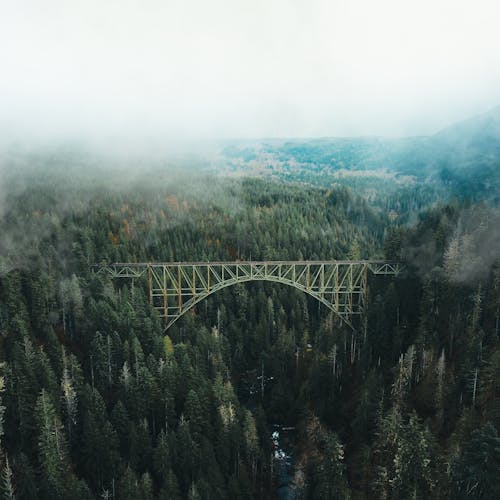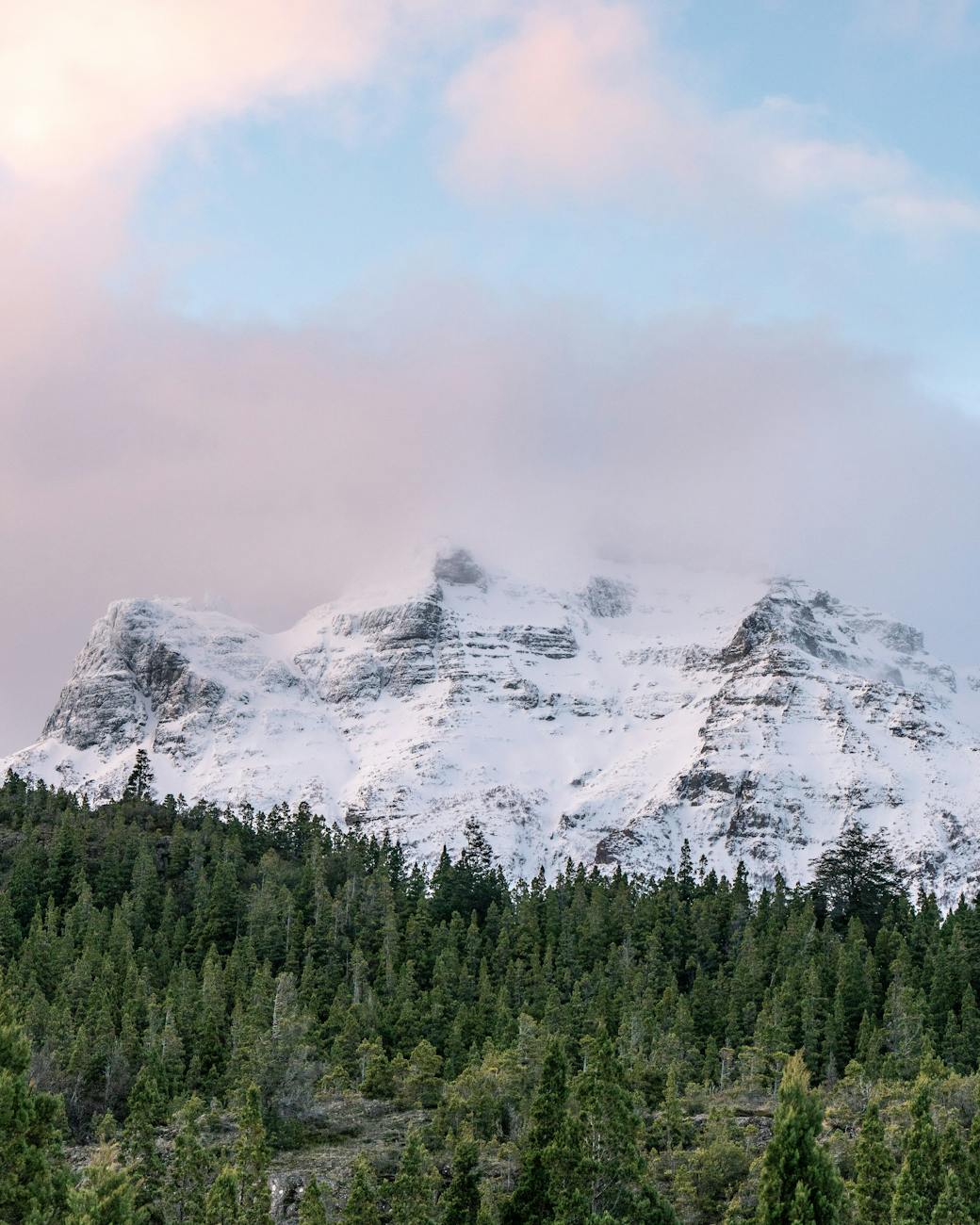The data have confirmed how suspicious: Nature and green spaces have been a major rest during the lockdown. More than 40% of people say that visiting nature, wildlife, and local green places is even more important for their well-being since the introduction of the coronavirus ban. Percentages have remained stable during the epidemic, according to the government's advisor for the natural environment, Natural England. And the trend may persist.
How nature is reacting to the lockdown
Since we have had restrictions on the way we live, the air quality across NI seems to have improved.
With the absence of traffic on our roads, nitrogen dioxide levels (exhaust fumes) have dropped by more than 50% in some areas. across the UK. You may have noticed the absence of contrails in the sky as fewer people are flying and with the recent fine weather it may seem the sky is bluer. Less light pollution at night also makes the night sky appear clearer and full of stars.
Lockdown prompts clear fall in UK air pollution:
Air pollution has started to fall in many UK cities in response to the lockdown measures introduced as a result of the coronavirus crisis. The trend mirrors that seen across continental Europe as people have spent less time in vehicles, offices, and factories and more time at home. Data collected by the National Centre for Atmospheric Science show marked reductions in nitrogen dioxide (NO2) and in particulate matter (PM2.5).
And the falls look set to continue.
"If you look at traffic volumes, they're still going down. And so we probably haven't reached the bottom yet,"
said Prof Ally Lewis, director of science at the NCAS.
"A few days ago, we were talking about journeys by a car going down by about a third, and now it's nearly a 50-60% reduction. So, it's possible if transport keeps declining, the signal we detect could get even larger,"
Review of surveys and data on the role of nature and green spaces:
In a review of surveys and data on the role of nature and green spaces in the past year, the Office for National Statistics (ONS) said shifts in personal behavior and corporate attitudes could mean that the UK, post-lockdown, will value and interact with nature on a much greater scale than before the pandemic.
"What we do not know yet is whether the changes brought on by lockdown will be a temporary trend or a new way of life,"
it said.
Green spaces helped to bring people together at various times during the pandemic, studies showed, playing an important role in allowing people to meet family and friends.
The percentage of people increasing their time spent connecting with loved ones outdoors grew over lockdown, from 11% in May to 22% in July, said the ONS. This increase during the summer months persisted until January when it dropped to 19%.
About one in 10 households across Great Britain has no access to a private or shared garden. This rises to one in five households in London.
A survey of more than 6,000 people found that people who garden every day have higher wellbeing scores (6.6% higher) and lower stress levels (4.2% lower) than people who don't garden at all.
"When gardening, our brains are pleasantly distracted by nature around us. This shifts our focus away from ourselves and our stresses, thereby restoring our minds and reducing negative feelings."
Is nature claiming back the city?
Some seismologists say human activity has dropped to the lowest point since records began, so maybe it's just the humans that have gone quiet.
As for the global picture and whether there is any slow down on the warming of the planet, the Met Office says it is too soon to say. They expect the rise of CO2 emissions this year to be lower than previously expected because of coronavirus restrictions - there's less traffic, less manufacturing - but it is unlikely to cause an overall global reduction in CO2 levels.











0 comments:
Post a Comment